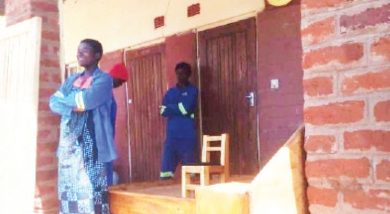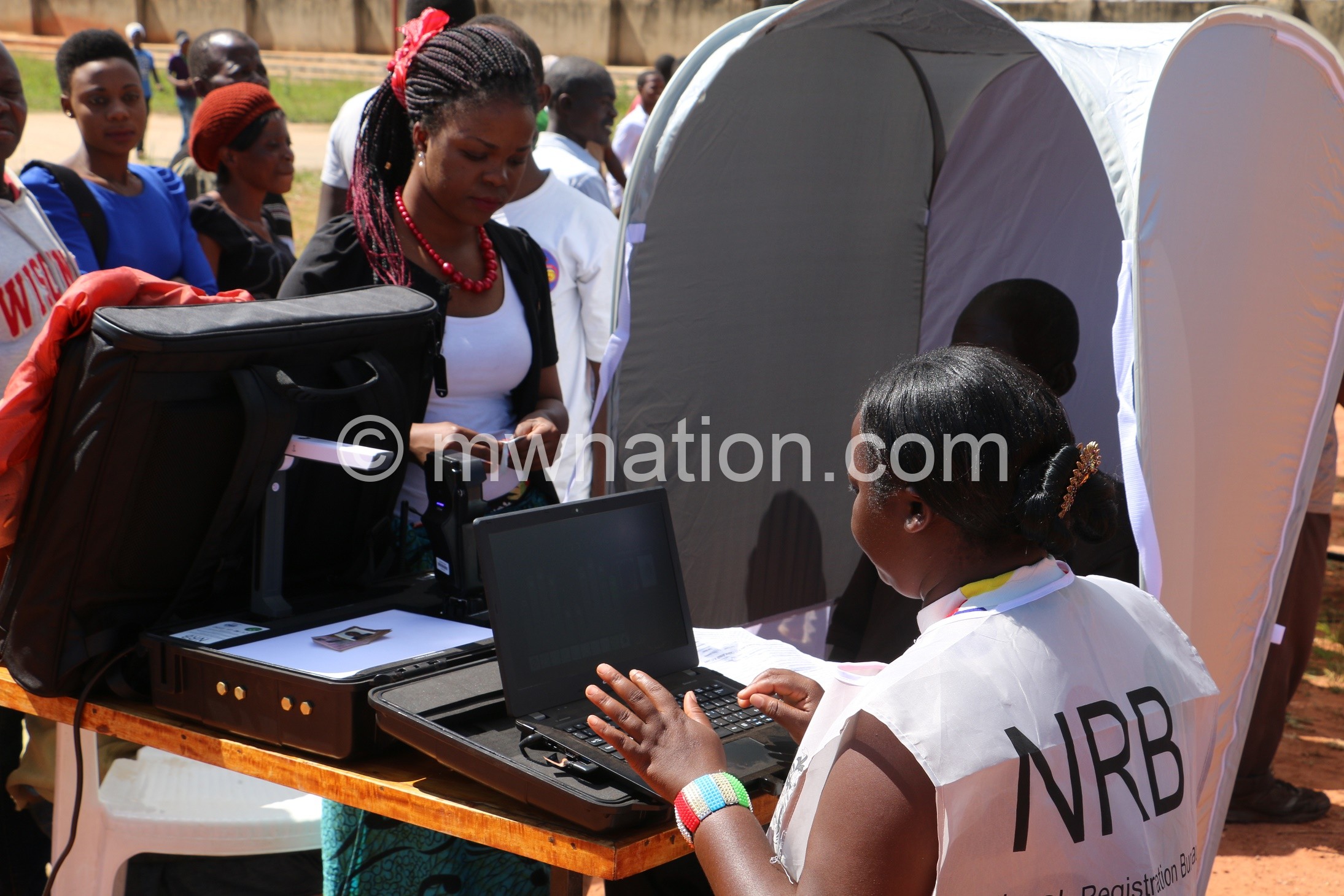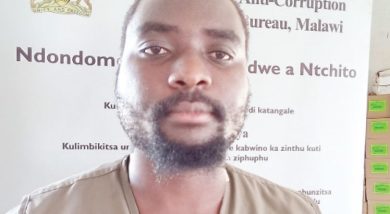Parliament joins albino killings probe
Parliament has set up a joint committee to investigate the ongoing attacks, abductions and killings of people with albinism, including the conduct of the police.
Police have come under scrutiny for the suspicious deaths of three key suspects while in their custody and failure to get to the bottom of the matter by, among other things, identifying the alleged buyers of the body parts of persons with albinism.

Three of Parliament’s committees, namely Legal Affairs, Community and Social Welfare and Defence and Security, will undertake the inquiry effective today, according to Legal Affairs Committee chairperson Maxwell Thyolera.
In an interview yesterday, he said after Parliament enacted an amendment to the Anatomy Act in 2016, the expectation was that those found guilty would be given stiffer sentences to deter would-be perpetrators of the vice.
The Act stipulates that it is an offence to possess a body of a deceased person or human tissue and the penalty for the prescribed offences was enhanced to life imprisonment without the option of a fine.
Thyolera said the provision was meant to facilitate that such cases are handled by a higher authority in the Judiciary, not the lower courts.
He said: “Parliament had expected that with the amendment to the Anatomy Act, which introduced harsh punishment for anyone dealing in human body parts, such cases would reduce. But despite that intervention, the attacks are continuing.”
Thyolera accused Malawi Police Service (MPS) of failing to get to the bottom of the matter.
He described the police conduct as questionable in that they have held on to suspects before and after they appear in court instead of sending them to prisons to be remanded.
Thyolera said the focus of the committee would be on how police have followed leads of suspects who pleaded guilty and probe the cause of the mysterious deaths of accused persons in the abductions of people with albinism.
So far, three key suspects have died while in police custody, among them a suspect in Karonga who allegedly committed suicide in a cell and another one in Machinga who allegedly jumped off a moving vehicle.
The latest suspect is Buleya Lule whose preliminary postmortem results show that he died after being clobbered in the head and electrocuted hours after appearing before the Lilongwe Magistrate’s Court last Wednesday.
“Police have done several things which are questionable and they will be queried on this,” Thyolera said.
The inquiry is expected to take place over five days and is scheduled to incorporate secondary research, questioning and field visits.
The joint committee plans to submit a report to Parliament in the next meeting which starts on Tuesday, March 5.
Besides the police, the committee is also expected to summon the National Intelligence Bureau, Association of People with Albinism (Apam), Ministry of Gender, Children, Disability and Social Welfare and Ministry of Civic Education, Culture and Community Development.
The committee has also summoned the Director of Public Prosecutions to report on the progress of cases in court pertaining to violence on persons with albinism and what is being done to expedite the cases.
Police have reacted swiftly to effect arrests of suspects, but Apam has accused them of failing to go the extra mile to trace the markets.
Inspector General of Police Rodney Jose has since admitted that police are helpless to protect people with albinism from their own relatives who on several occasions have been involved in the abductions.
President Peter Mutharika had proposed that police should patrol communities where there are two or more people with albinism, but others argued this is a non-starter considering the low number of officers against people with albinism.





